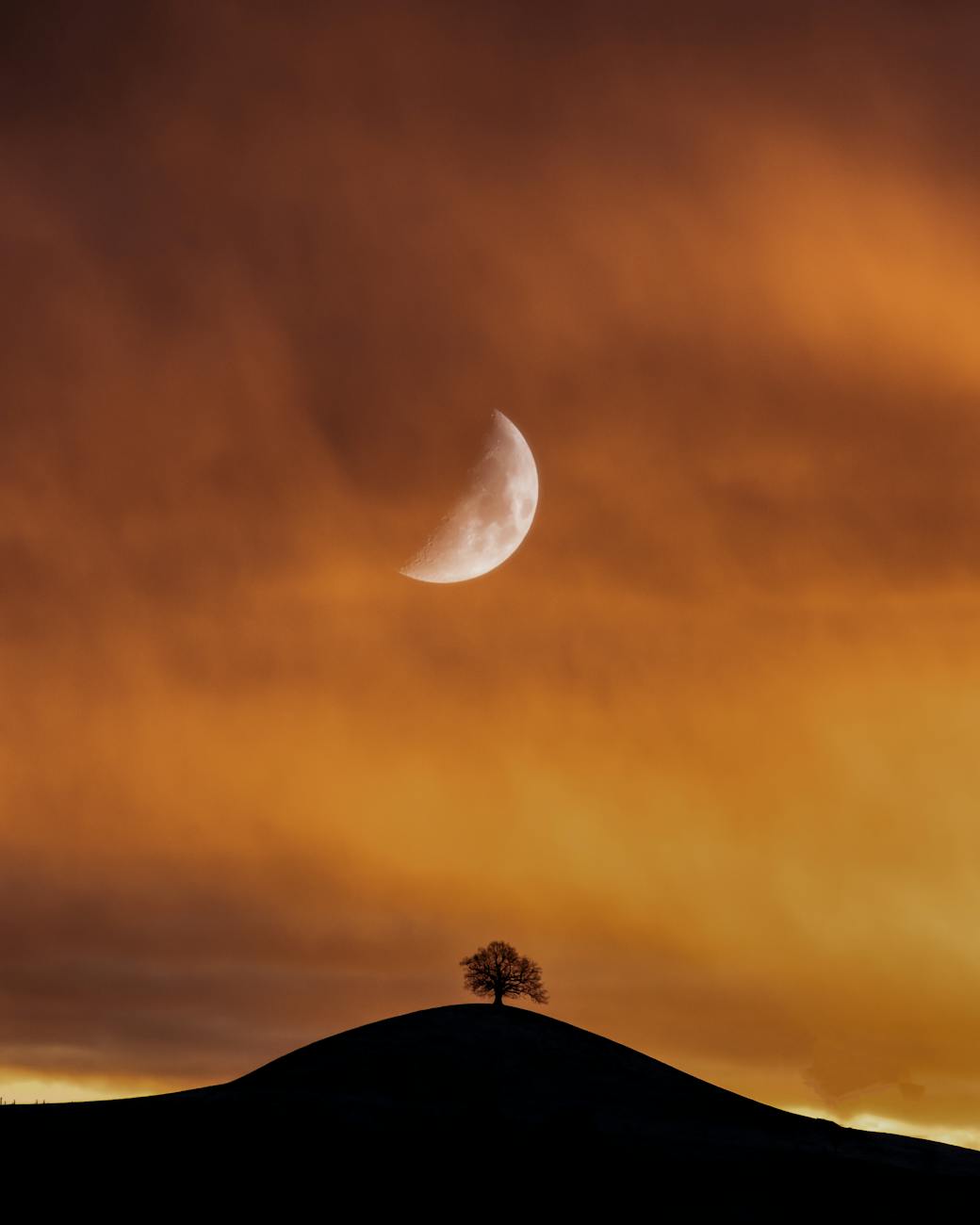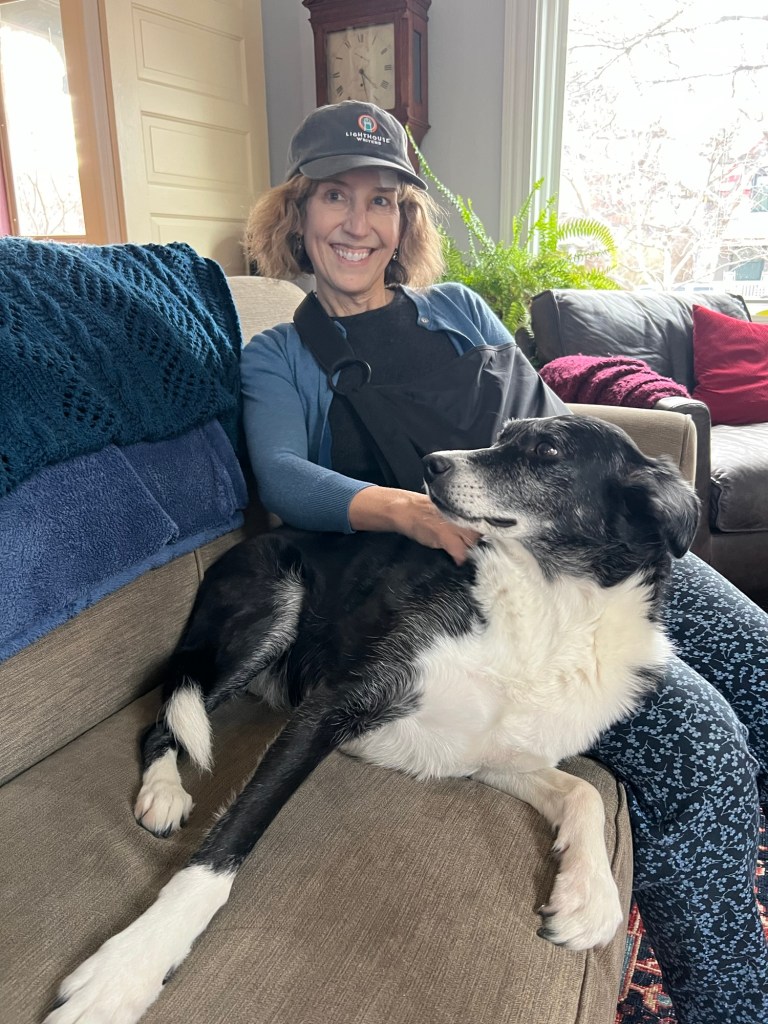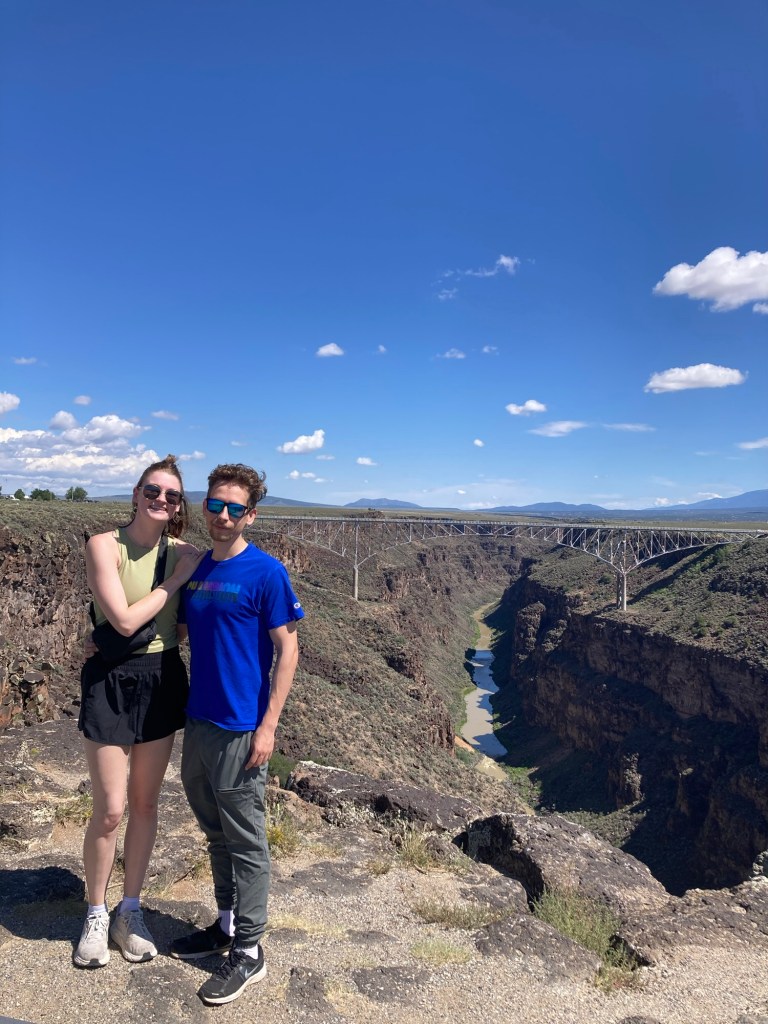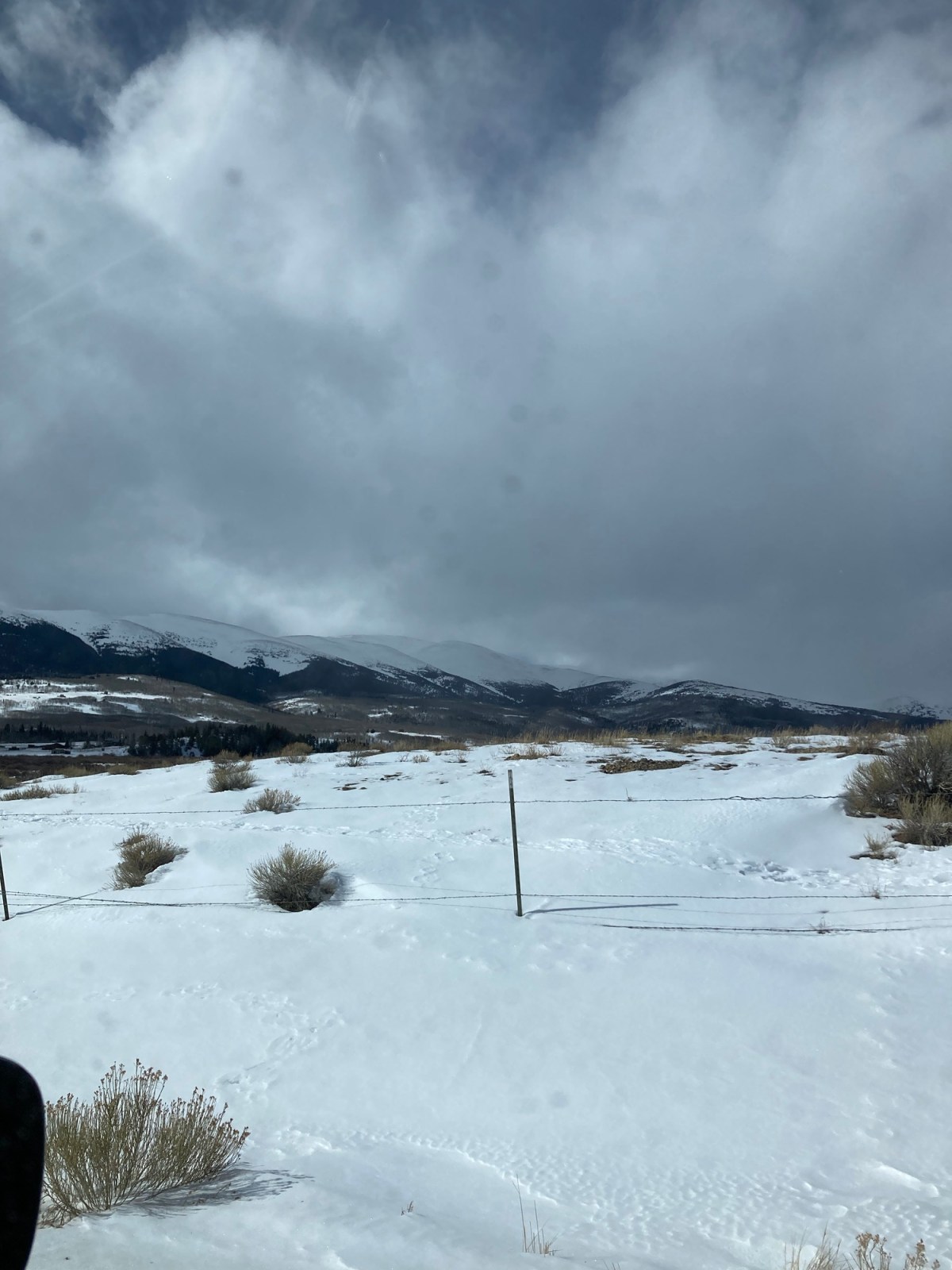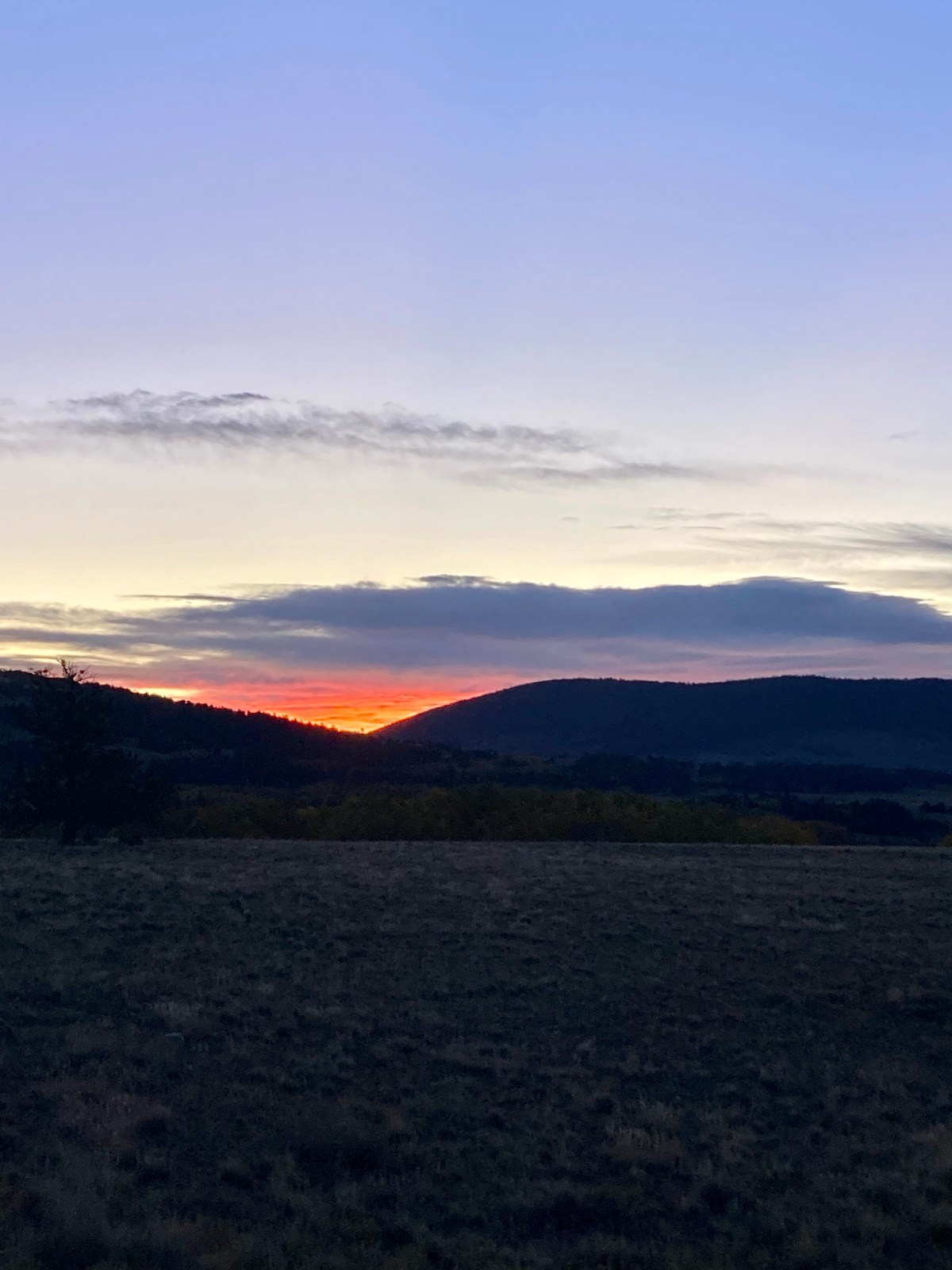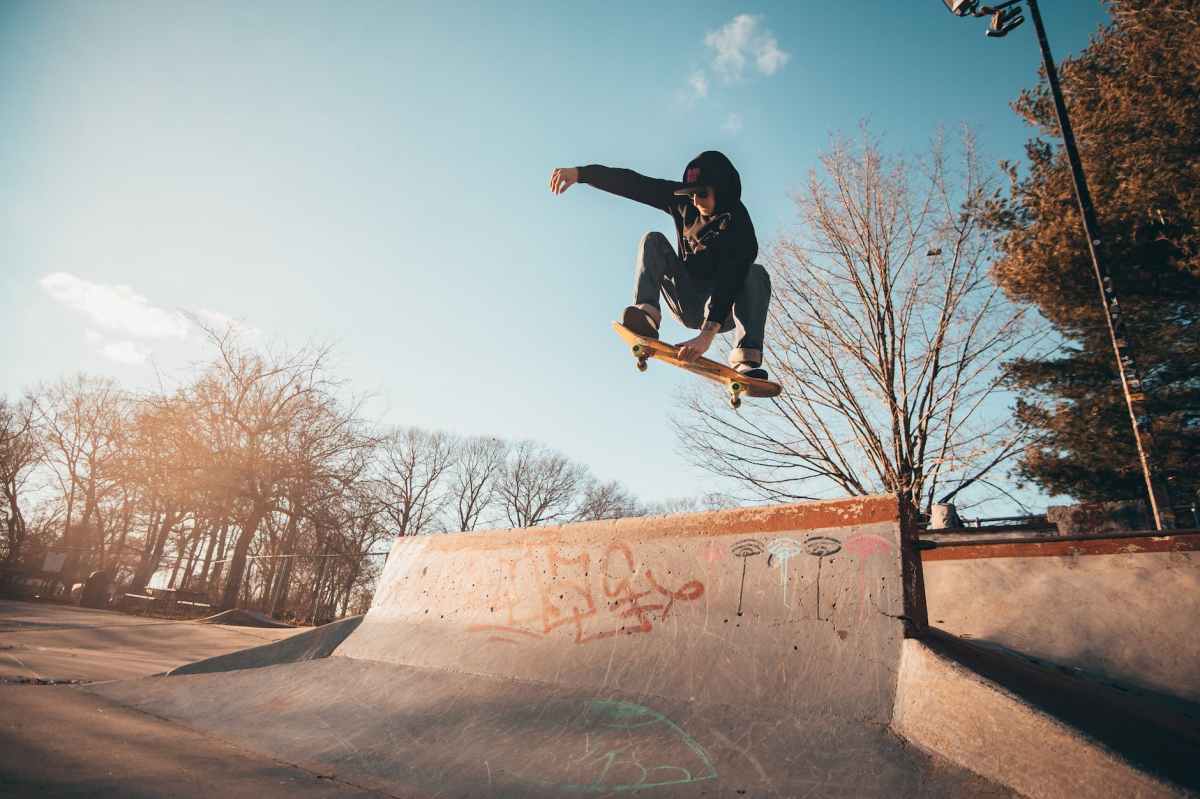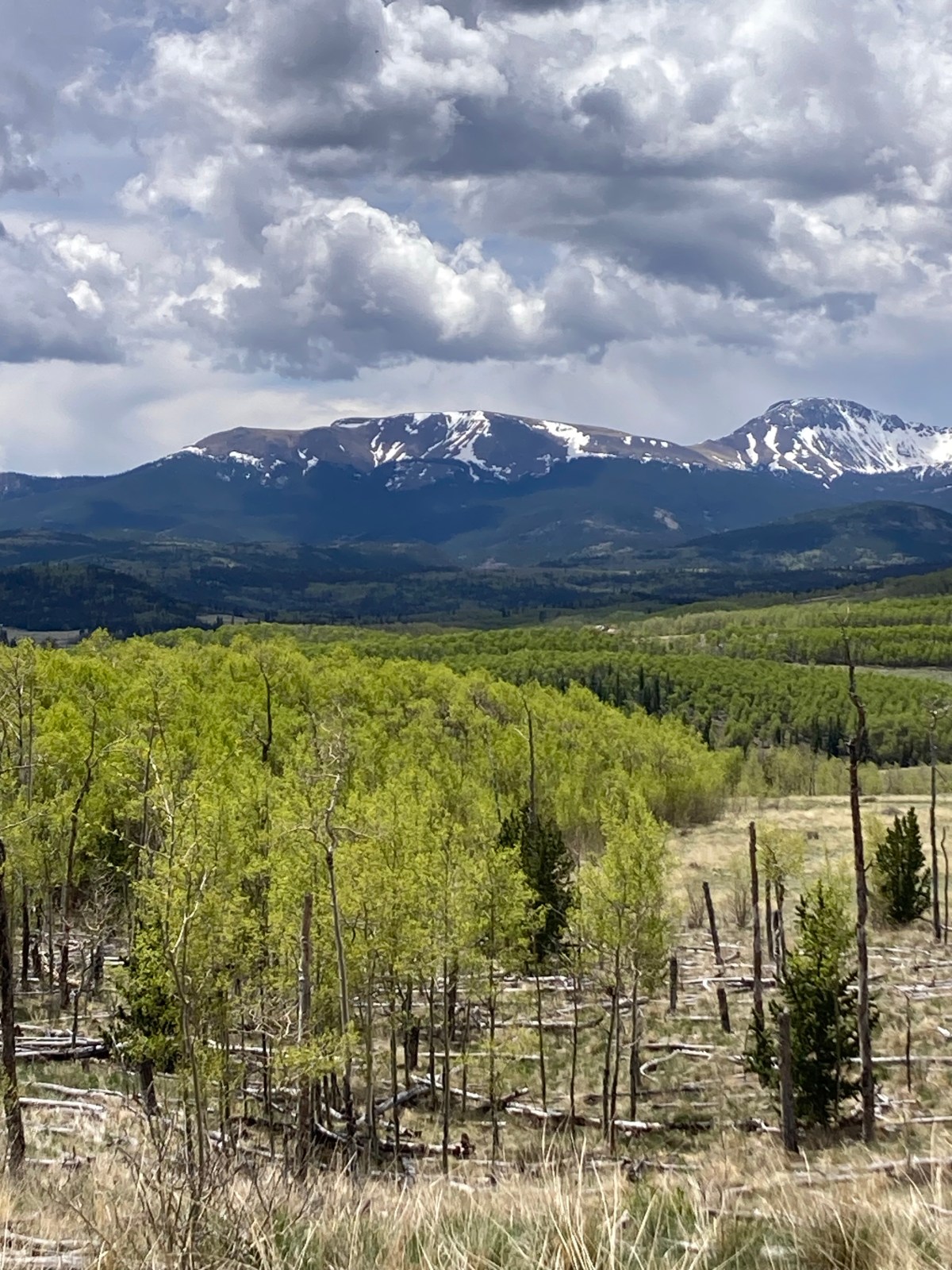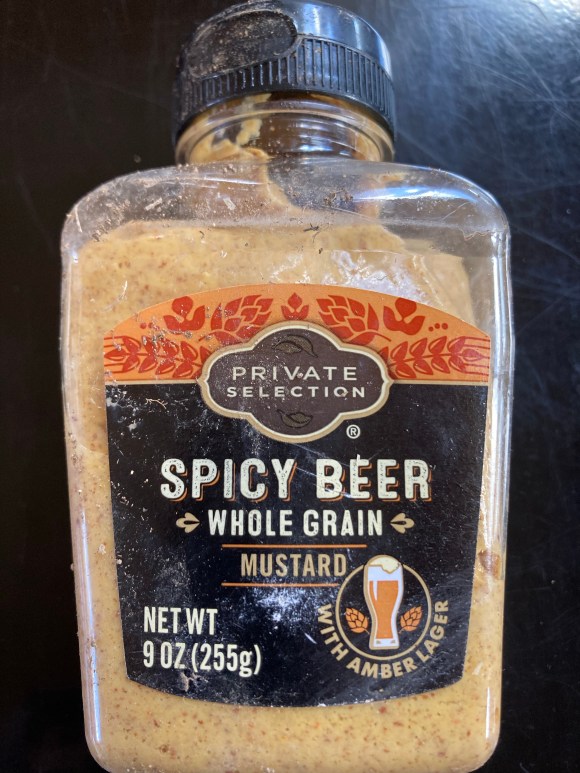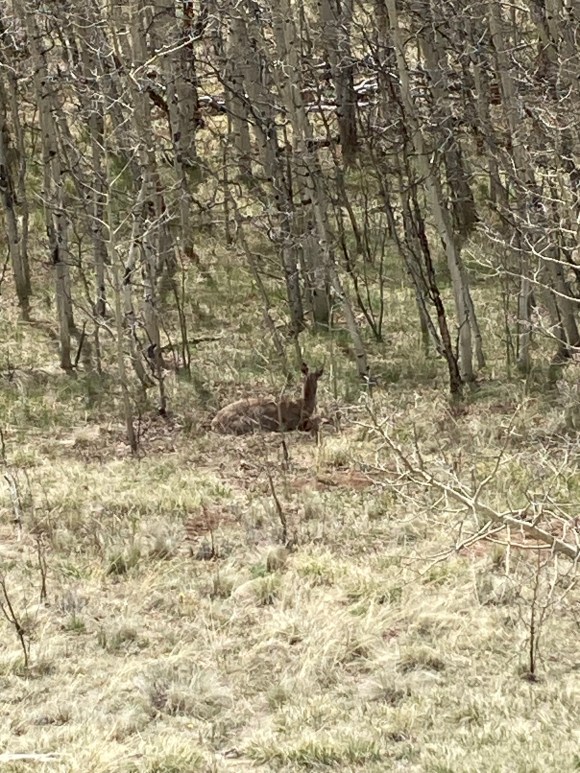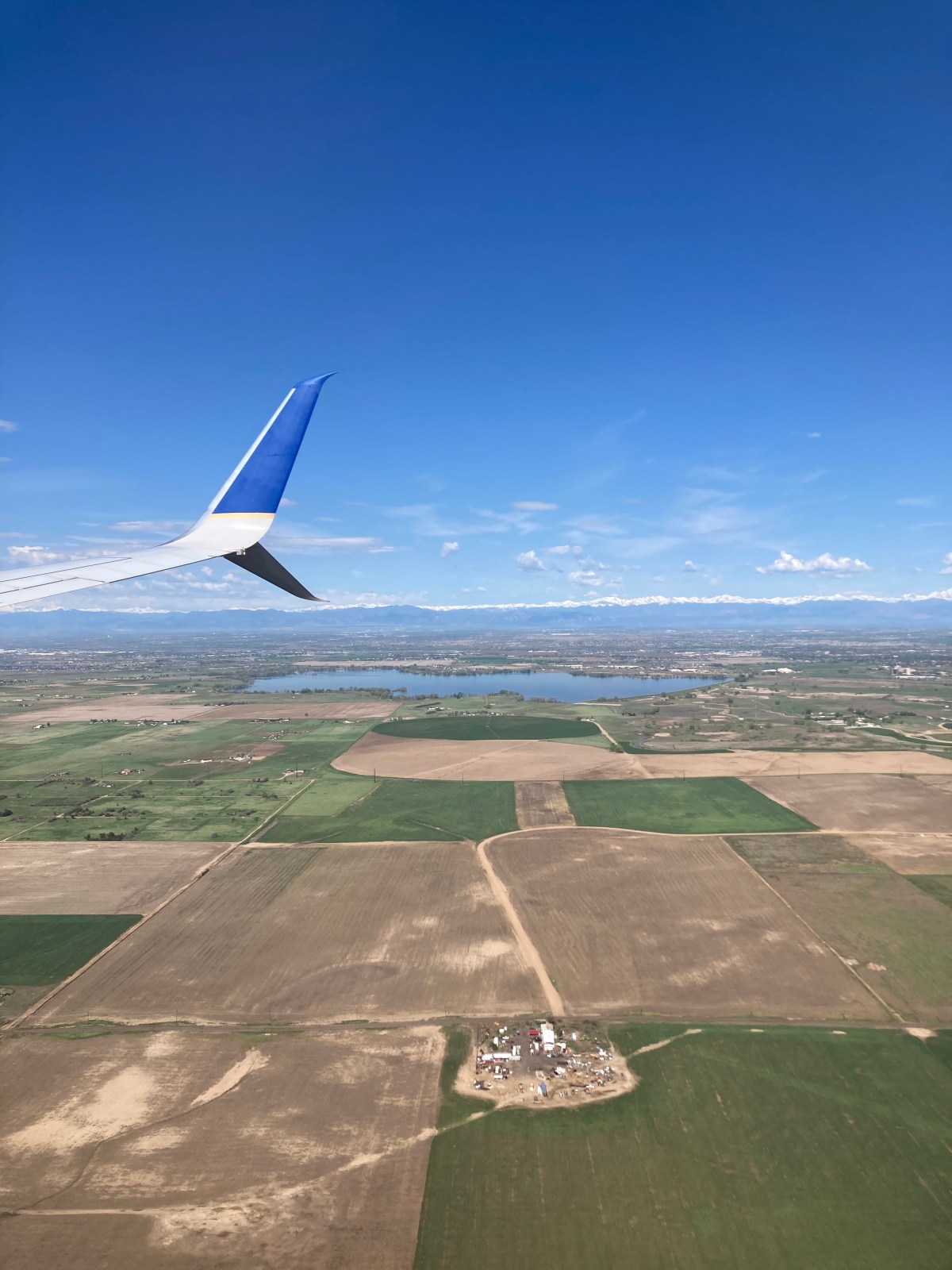As I swim in a quiet gym pool, sun brightened bubbles form under my fingernails then rise to the surface. I turn my head and inhale, first on the left, then three strokes later, on my right. The bliss of being in water has never left me. Seven months after tripping over rough sidewalk and bashing my forehead and shoulder onto concrete, swimming consistently erases the post-concussion headaches that have plagued me for months. Today, my left shoulder feels like a hunk of canned meat—heavy, impenetrable, shadowy. Is my swim stroke completely asymmetrical?
The only other person in the pool is a large man, maybe in his thirties, with a pale round belly and a butterfly kick that roils his lane into a froth. At the end of the pool, we both pause to catch our breath.
Hey, I venture, any chance you could spec my left shoulder for me? I can’t tell if my elbow is going up like it’s supposed to or tipping off to the side.
He doesn’t hesitate, smiling through the kind of big beard I see all over town. No problem! Let me get out of the pool so I can see better.
I do a quick half lap, out and back. It looks good, coming up even with the right side. Is it feeling nice and strong?
What a nice guy!
It feels stiff and weak, but I broke it a while back, so that still happens sometimes. I’m glad my stroke looks okay. Thanks a lot for looking at it—you saved me a swim coaching session!
Oh, I’m a swim coach at a different gym. Happy to help!
You won’t believe this, I tell him with a smile, but I once had my bike brakes go out at a trailhead in a parking lot full of people, and I asked some guy if he would look at them. He said my brakes had been recalled, and I should go into town for a replacement set. Then he asked me how I had known he was a bike mechanic! I guess I’m lucky that way.
The swim coach laughs at my story then barrels on with his tsunami butterfly kicks. As I burble my own way back into my workout, I smile to myself at another memory. Twenty years earlier, when my husband, Brad, was new to mountain biking and had way more leg power than sense, he did a classic “endo” speeding over a berm. He launched over his handlebars and must have added a twist, because he also “face dabbed,” earning a decent cut over his right eyebrow. When I reached him, it was bleeding pretty well, making me wonder if we should hustle to urgent care for a stitch or two. By the time a couple of super fit bikers came along and checked on us, I’d run some clean water over the cut and was thinking a butterfly band aid would probably do the trick. One of the riders came over and took a close look at the cut. She said, You know, it doesn’t look at all bad. If it were me, I’d get it real clean in the shower and bandage it like you said. After we thanked her for her help, she told us she was an ER nurse.
Lucky, lucky, lucky.
I finish my swim, shower, then meet Brad for the drive home. I tell him all about it, like I tell him all about everything. Knowing how avoidant I’ve been of writing because of my headaches, he softens his voice to an extra-gentle tone and says, This would make a good blog post. I miss your blogs.
Me, too, I say. Me, too.

